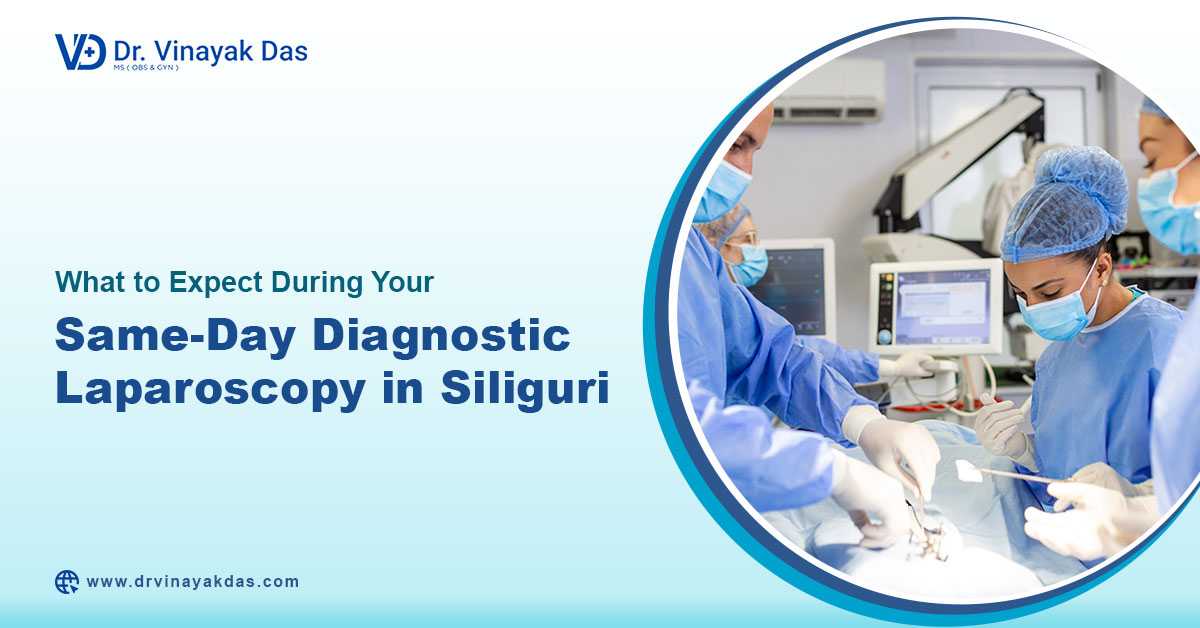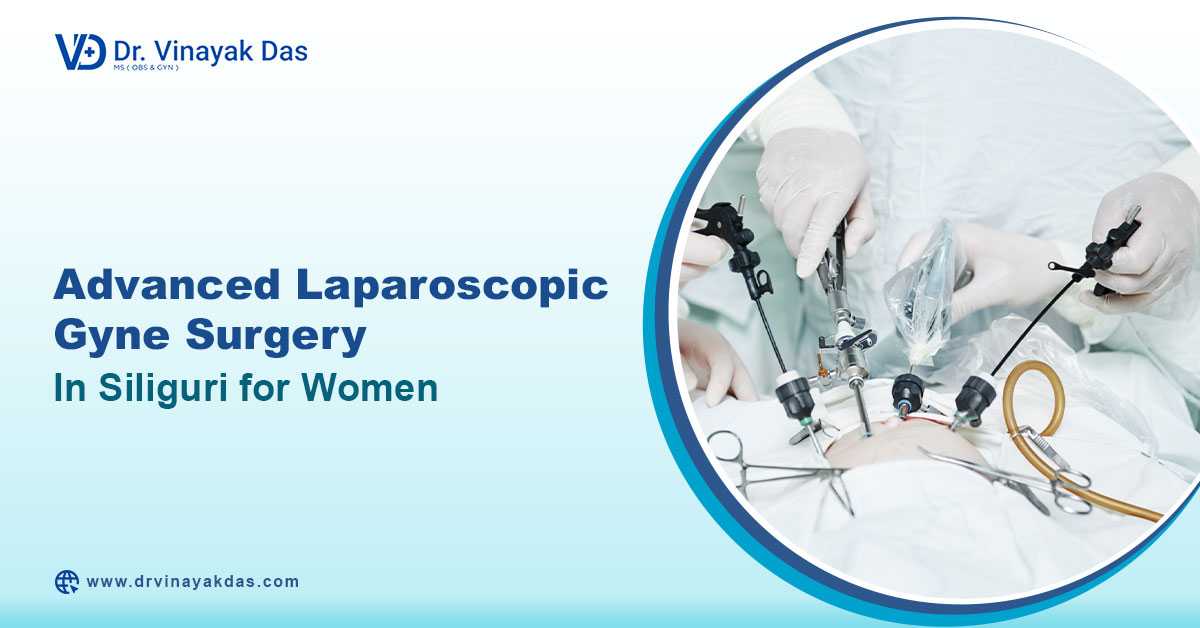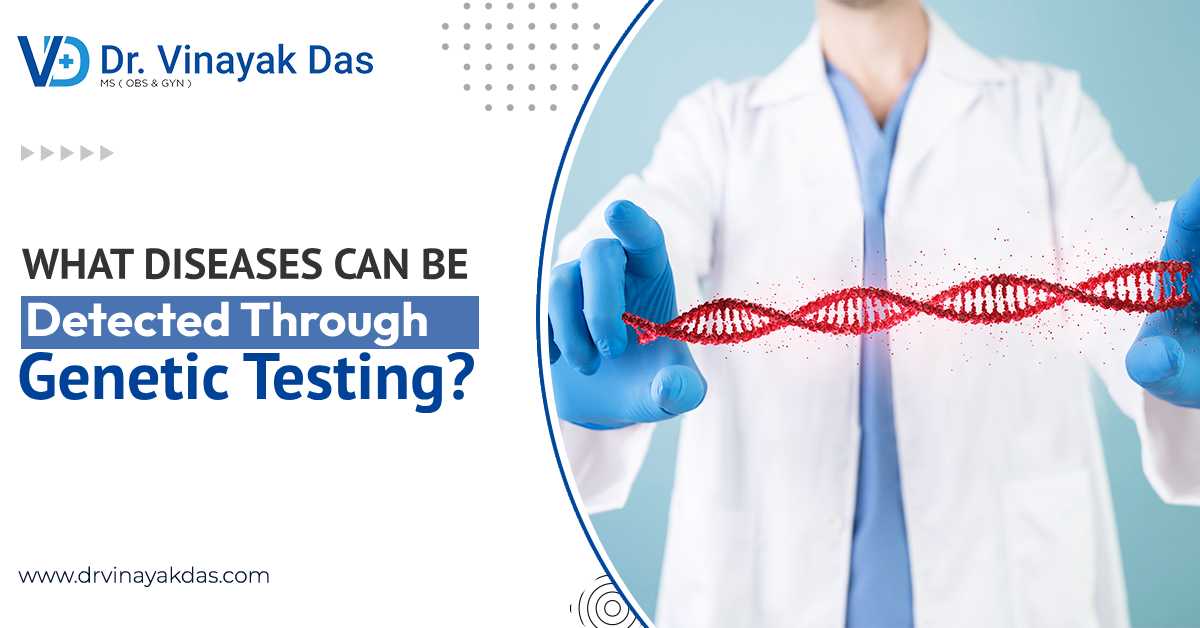Any genetic mutations passed down from the parents can lead to the development of various genetic disorders. It is important to provide the right diagnosis and treatment for genetic disorders so that they can be managed at the right time. If you have a higher risk of genetic disorders then you must visit a counsellor to undergo effective genetic testing in Siliguri during pregnancy.
There are various types of invasive and non-invasive prenatal testing where samples of saliva or blood can be taken. In some cases, placental tissues and amniotic fluid can also be collected from a pregnant woman to check for any genetic illnesses. It is essential to contact the right doctor to select the right test for your condition.
Common Disorders That Can Be Detected With Genetic Testing
1. Turner Syndrome
Turner syndrome is a common congenital condition that only affects female babies. This condition develops when one of the X chromosomes is missing completely or partially. Herein, the symptoms of Turner syndrome may develop before birth or can develop after birth and even during childhood, adolescence, and adulthood.
Some of the early signs of the disorder include amenorrhea, short stature, improper breast development, and delayed puberty. Ultrasound during pregnancy, non-invasive testing, chorionic villus sampling, and amniocentesis are the best ways to detect this disorder during pregnancy.
2. Cystic Fibrosis
Another inherited disorder affecting babies is cystic fibrosis. This condition mainly interferes with the digestion and breathing of the baby due to the build-up of thick mucus in the body.
Genetic changes passed from the parent cause this birth defect which can lead to various distressing symptoms such as stomach pain, salty skin, coughing, shortness of breath, and recurrent lung infections. If your baby suffers from this condition then the doctor may prescribe hypertonic saline, mucus thinners, antibiotics, or bronchodilators.
3. Spina Bifida
Spina bifida is another birth defect which affects the spinal column. Babies born with this condition have an underdeveloped spinal column where there is an area between the spinal nerves and spinal cord exposed by an opening.
Bowel problems, orthopaedic malformations, loss of sensation in the affected area, and paralysis are some of the distressing signs of spina bifida. You must contact one of the best genetic doctors in Siliguri to diagnose this condition before birth. In most cases, a fetal echocardiogram or fetal MRI is used to detect the condition.
4. Down Syndrome
Babies born with an additional pair of chromosome 21 can develop a serious genetic condition known as Down syndrome. This is one of the most common illnesses that can be successfully detected during prenatal genetic testing.
Some of the early signs that you can notice in babies with this syndrome are weak muscle tone, short neck, flat nose bridge, small ears or feet, and congenital heart disease. If this condition is not treated at the right time then it can lead to cognitive, motor, or language development impairment in the baby.
5. Sickle Cell Anemia
Sickle cell anaemia is a blood genetic that can also happen due to genetic mutations. The genes for this disorder are passed down from the parent which leads to the production of an abnormal form of haemoglobin. The child born with this disorder have sticky and hard red blood cells which makes it difficult for them to move through the blood vessels.
The blockage caused in the blood vessels can damage various organs while leading to severe pain. Early diagnosis and treatments such as blood transfusions, pain medications, and stem cell transplants can manage this genetic disorder.
It is not always necessary for every couple to undergo genetic testing in Siliguri during pregnancy. However, if you have a close relative or your previous baby with a genetic disorder then it is an important test to consider. Additionally, you must also undergo the test if you experienced two or more recurrent miscarriages.






